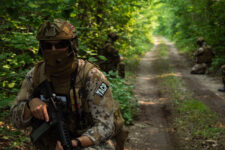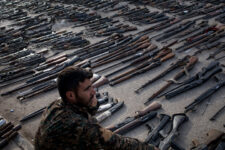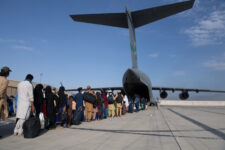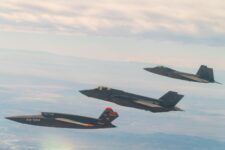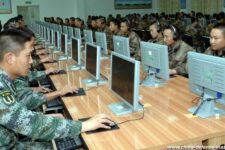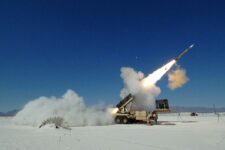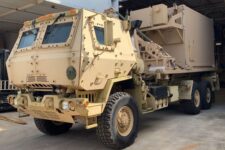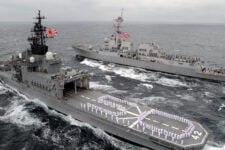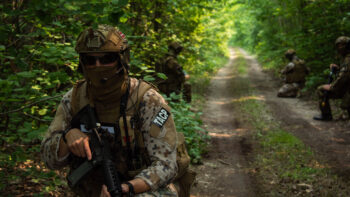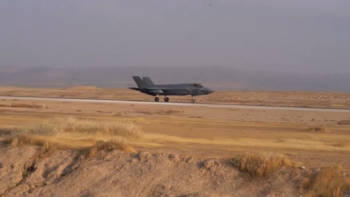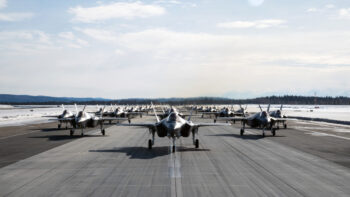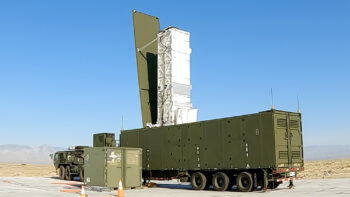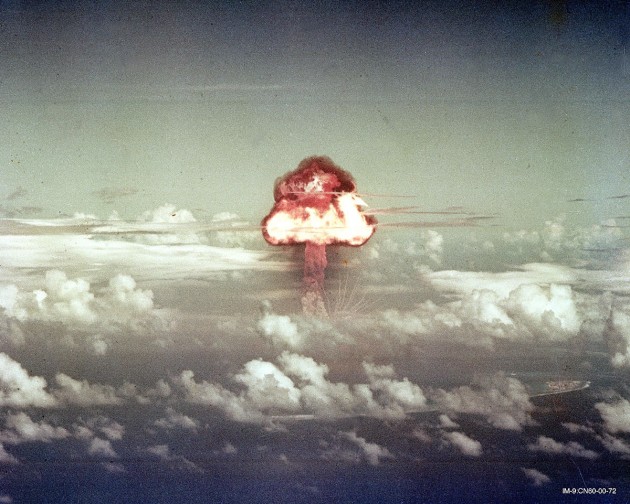
AI FORCE ASSOCIATION HQ: For more than 60 years, most Americans have thought of nuclear weapons as an all-or-nothing game. The only way to win is not to play at all, we believed, because any use of nukes will lead to Armageddon. That may no longer be the game our opposition is playing. As nuclear weapons proliferate to places that might not share our reluctance to use them in small numbers, however, the US military may face a “second nuclear age” of retail Armageddon for which it is utterly unprepared.
Outside the US, both established and emerging nuclear powers increasingly see nuclear weapons as weapons that can be used in a controlled, limited, and strategically useful fashion, said Barry Watts, an analyst with the Center for Strategic and Budgetary Assessments, arguably the Pentagon’s favorite thinktank. The Cold War “firebreaks” between conventional and nuclear conflict are breaking down, he wrote in a recent report. Russia has not only developed new, relatively low-yield tactical nukes but also routinely wargamed their use to stop both NATO and Chinese conventional forces should they overrun Moscow’s feeble post-Soviet military, Watts said this morning at the headquarters of the Air Force Association. Pakistan is likewise developing tactical nukes to stop India’s much larger military. Iran seeks nuclear weapons not only to offset Israel’s but to deter and, in the last resort, fend off an American attempt to perform “regime change” in Tehran the way we did in Baghdad. The US Air Force and Navy concept of “AirSea Battle” in the Western Pacific could entail strikes on the Chinese mainland that might provoke a nuclear response.
It’s precisely because US conventional power is so overwhelming that the temptation to turn to nuclear weapons to redress the balance is so irresistible. Ten years ago, the Iraqis sidestepped American dominance in the middle of the spectrum of conflict – regular warfare with tanks, planes, and precision-guided non-nuclear weapons – by going low and waging guerrilla warfare, for which the US proved painfully unprepared. In the future, nuclear proliferation means more and more countries will have the option to sidestep US conventional power by going high and staging a “limited” nuclear attack, for which we aren’t really prepared either. Indeed, some countries, notably a nuclear Iran with its terrorist proxies and North Korea with its criminal ties and special operations forces, could outflank America’s conventional military from both sides at once.
No service can fight on its own: JADC2 demands move from self-sufficiency to interdependency
Making all-domain operations a warfighting capability means integrating, fusing, and disseminating a sensor picture appropriate for a particular theater segment, not all of them, says the Mitchell Institute’s David Deptula.
